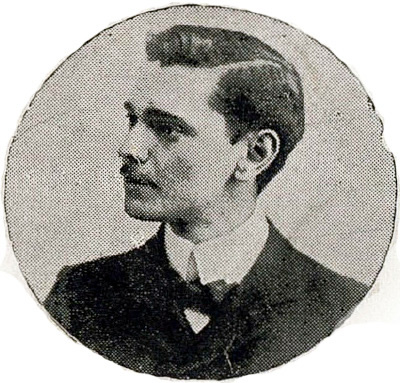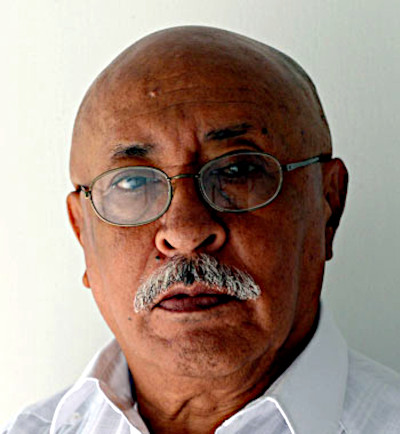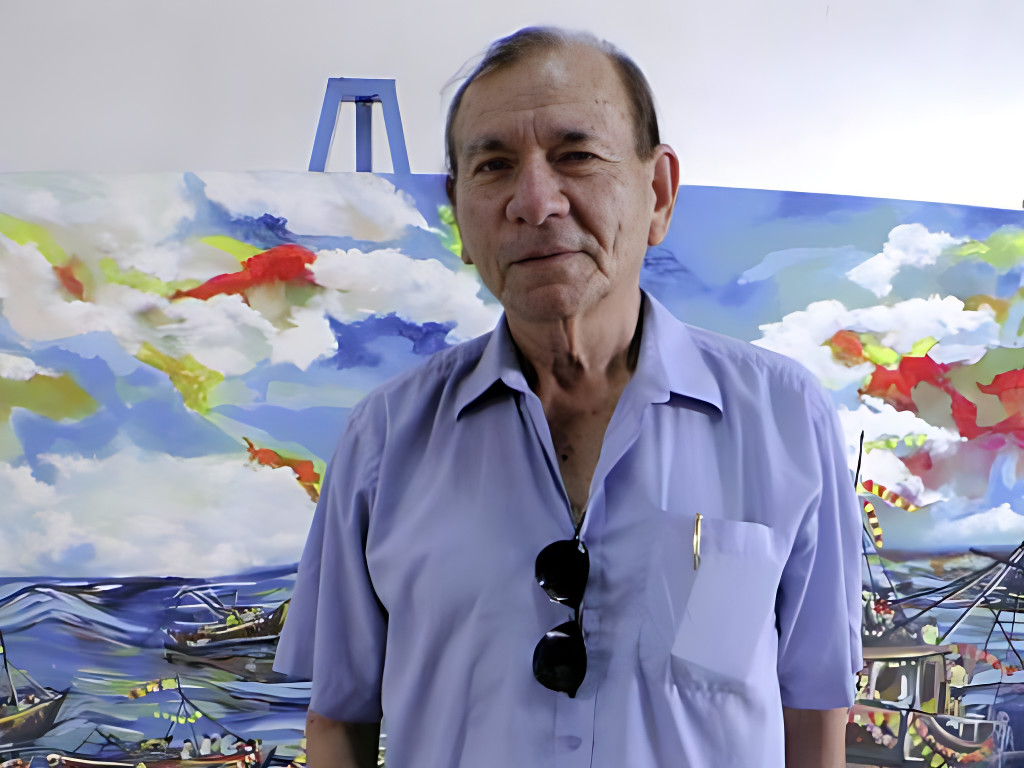Emilio Gallegos del Campo (Guayaquil, September 20, 1875 – May 15, 1914) was a poet, playwright, journalist and diplomat. In 1898 General Eloy Alfaro, who was a friend of his family and called him “Emilito,” appointed him Consul of Ecuador in London, a post which he held until 1901. In Europe, he was decorated by the French government with the Legion of Honor. Together with his brother, he founded several newspapers, including “América Modernista,” which published poets of the modernismo movement. His brother was the poet Joaquín Gallegos Del Campo whose son was the celebrated novelist Joaquin Gallegos Lara.
Continue reading “Emilio Gallegos del Campo”Category: Poetry
Adolfo Hidalgo Nevares
Adolfo Hidalgo Nevares, sometimes spelled Nevarez, (Guayaquil, March 18, 1891 – Quito, 1934) was a doctor, writer and poet. Under the pseudonym Máximo de Bretal he wrote articles for El Guante magazine on topics such as politics, literature and poetry. He also wrote for El Telégrafo of Guayaquil and El Universitario of Quito. In 1920 he was appointed Deputy of Guayas. In 1925 he became a professor at the University of Guayaquil’s new Dentistry and Veterinary schools, and in 1926 he was named Minister of Public Education. He led a bohemian life and had an on and off again addiction to morphine which he sometimes used in the company of some of the members of the Decapitated Generation, a group of young Ecuadorian poets who died young by suicide. He too died by suicide in 1934, at the age of 43.
Continue reading “Adolfo Hidalgo Nevares”La victoria de Junín. Canto a Bolívar
Poema de José Joaquín de Olmedo, editado originalmente en la ciudad de Guayaquil, Ecuador, en 1825
Continue reading “La victoria de Junín. Canto a Bolívar”Edwin Ulloa Arellano
Edwin Ulloa Arellano (Riobamba, 1947) is an Ecuadorian poet, novelist, short story writer, journalist, psychologist and retired university professor. Ulloa has lived in Guayaquil since adolescence. He was an official of the House of Ecuadorian Culture in Guayaquil. His books include Sobre una tumba una rumba (1992, short stories), La sombra de tu sonrisa (2014, poetry), Polvo de Ángel (2010, novel). He has worked as the general editor of the ANDES State News Agency, Diario Expreso, and La Otra Magazine, and as the director of the newspaper El Telégrafo.
Continue reading “Edwin Ulloa Arellano”Vicente Espinales Tejena
Vicente Espinales Tejena (Portoviejo, June 28, 1939) is an Ecuadorian poet, physician, lawyer, and cultural leader from Manabí. Best known for his poetry that celebrates the landscapes and people of his native region, Espinales gained national recognition after winning the Ismael Pérez Pazmiño Poetry Prize at the age of 20. Over the years, he has published numerous collections, including “Febrero” (1972) and “El Gorrión Regresa por sus Alas” (2001), solidifying his place in Ecuadorian literature. He has also served as President of the Casa de la Cultura Ecuatoriana, Núcleo de Manabí, contributing significantly to the promotion of arts and culture in the region.
Continue reading “Vicente Espinales Tejena”Himno de Los Ríos, Ecuador (Hymn of Los Rios, Ecuador)
Hymn of Los Ríos Province, Ecuador. Lyrics by poet Aurora Estrada y Ayala, Music by Alcides Millán Mendoza.
Continue reading “Himno de Los Ríos, Ecuador (Hymn of Los Rios, Ecuador)”


